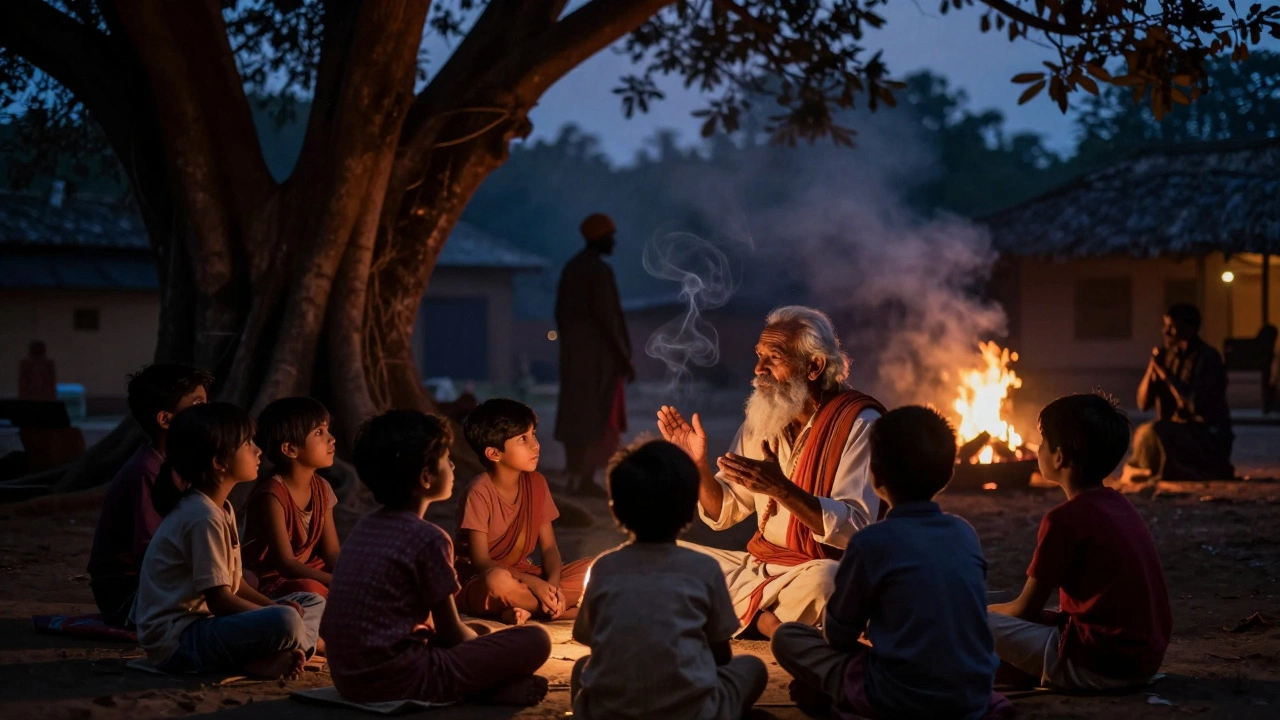Cultural Narratives: Stories That Shape Who We Are
When we talk about cultural narrative, a shared story or belief system that defines a group’s identity, values, and history. Also known as collective memory, it’s not just history—it’s the living story a society tells itself to make sense of the world. Think of it like the invisible script everyone in a culture follows without realizing it. Why do some nations celebrate independence with fireworks? Why do families gather for certain meals on specific days? These aren’t random traditions—they’re pieces of a larger cultural narrative playing out in everyday life.
These narratives show up everywhere: in folktales passed down for generations, in national holidays, in how we talk about success or failure, even in the way we portray heroes and villains in movies. A cultural storytelling, the active process of sharing and reinforcing these shared stories through media, rituals, and language happens in books, songs, school lessons, and social media. It’s not about facts—it’s about meaning. The story of the self-made entrepreneur isn’t just about hard work; it’s a narrative that tells us individual effort beats privilege. The tale of the humble village hero rising to save the nation? That’s a narrative of unity over division.
And when you dig deeper, you find cultural narrative examples, concrete instances where these stories become visible—like the Ramayana in India, the American Dream in the U.S., or the idea of resilience in post-colonial nations. These aren’t just ancient myths. They’re alive. They shape how people vote, how kids learn to behave, how businesses market products, and even how we judge right from wrong. A cultural narrative essay, a personal reflection that connects individual experience to broader societal stories isn’t just an assignment—it’s a way to see how your life fits into the bigger picture.
What you’ll find here aren’t abstract theories. These are real stories—told through books, reviews, and analyses—that show how cultural narratives shape what we read, how we think, and why some stories stick while others fade. Whether it’s the Bible’s role in global culture, the rise of the adventure girl in modern fiction, or how ancient epics still influence today’s plots, every post here pulls back the curtain on the stories we live by.

What Are Cultural Story Scripts? Understanding the Hidden Patterns in Our Stories
Cultural story scripts are the hidden patterns in myths, films, and everyday tales that shape how we understand life. They’re not just stories-they’re blueprints for meaning, passed down across generations.
View More
What Is the Best Narrative Topic? Real Stories That Stick With People
There's no single best narrative topic-just stories that feel true. The most powerful ones come from quiet, everyday human experiences like grief, belonging, and quiet courage, not grand plots or tropes.
View More
Popular Culture Text: Unpacking Everyday Stories
Popular culture texts are all around us, including TV shows, movies, music, and internet memes. These texts shape our perceptions and influence how we interact with the world. By examining these everyday narratives, we get insight into societal values and trends. Discover how these cultural elements fit into our daily lives and what they say about our communities.
View More
Dominant Cultural Narratives: What They Are and Why They Matter
Dominant cultural narratives are the stories and ideas that shape our society's collective mindset. These narratives influence how we see ourselves and others, dictating social norms and behaviors. Understanding them is crucial for recognizing biases and embracing more inclusive perspectives. This article explores their origins, impacts, how they're maintained, and ways to challenge them.
View More
Understanding Compulsive Liars and Their Stories
Some individuals lie or fabricate stories for various reasons, often bewildering those around them. This article explores the different types of liars and the psychological and cultural factors driving their need to deceive. From compulsive liars to storytellers who embellish the truth, we delve into how their narratives impact society. We also offer tips on how to spot these behavior patterns and effectively address them.
View More